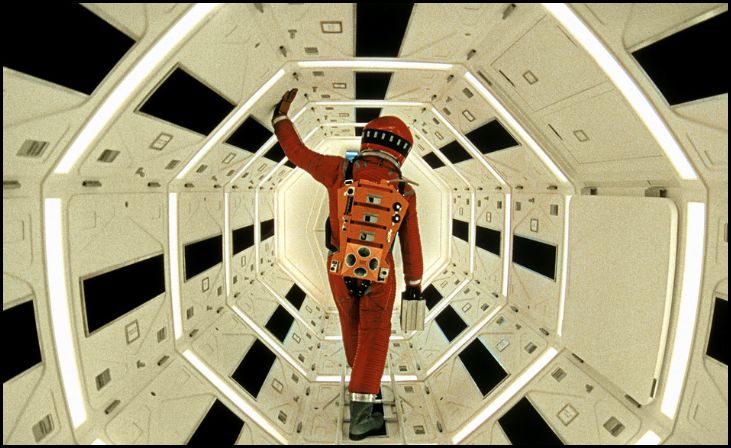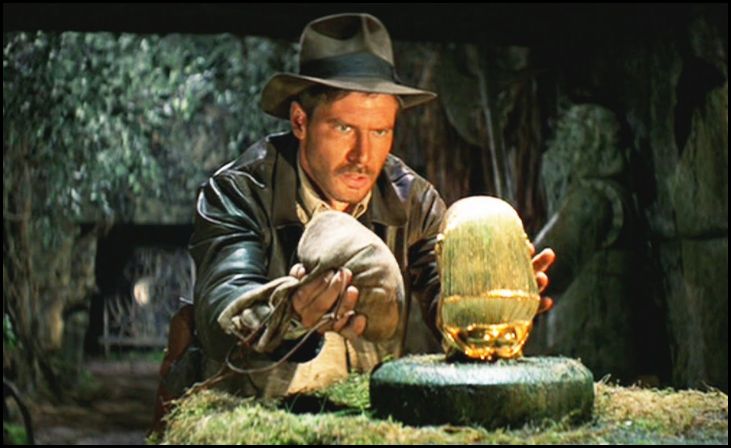The landscape of American cinema is vast and varied, producing films that have captivated audiences and critics alike. From groundbreaking narratives to stunning visual storytelling, here are the eleven greatest American movies of all time, each leaving an indelible mark on the art of filmmaking.
2001: A Space Odyssey (1968)

Stanley Kubrick and Arthur C. Clarke’s collaboration created a sci-fi masterpiece that explores humanity through technological progress and disaster. This film stands as a monumental achievement in the genre, renowned for its pioneering special effects, profound themes, and the hauntingly enigmatic HAL 9000. The narrative takes viewers on a journey from the dawn of man to the far reaches of space, questioning our place in the universe and the potential consequences of artificial intelligence.
The Godfather (1972)
Francis Ford Coppola’s epic Mafia tale follows the powerful Corleone family, blending crime and American dream disillusionment. This cinematic tour de force is not just a crime story but a profound exploration of family, power, and morality. With unforgettable performances by Marlon Brando and Al Pacino, “The Godfather” remains a cornerstone of American cinema, influencing countless films and spawning a franchise that continues to resonate.
Citizen Kane (1941)
Known for its deep-focus photography and innovative storytelling, “Citizen Kane” remains a must-see for its portrayal of American capitalism and personal ambition. Directed by and starring Orson Welles, this film revolutionized cinematic techniques with its non-linear narrative and groundbreaking use of light and shadow. The story of Charles Foster Kane’s rise and fall is a poignant reflection on the elusive nature of success and happiness.
Jeanne Dielman, 23, Quai du Commerce, 1080 Bruxelles (1975)
Chantal Akerman’s feminist masterpiece details a widow’s monotonous routine. Its structuralist style and uninterrupted takes reveal deep societal critiques, culminating in an unexpected twist. While not traditionally American in production, its influence on American filmmakers and its depiction of universal themes like isolation and gender roles make it a critical part of American cinema history.
Raiders of the Lost Ark (1981)

Steven Spielberg’s action-adventure classic features Indiana Jones on a thrilling quest. With iconic action scenes, a memorable hero, and a perfect blend of humor and excitement, it’s a joyful celebration of cinema. Harrison Ford’s portrayal of the adventurous archaeologist has become legendary, and the film’s thrilling pace and imaginative set pieces set the standard for modern adventure films.
La Dolce Vita (1960)
Marcello Mastroianni stars as a gossip journalist navigating the glamorous yet empty world of celebrity culture, shaping our view of fame. Federico Fellini’s critique of the vacuous nature of fame and hedonism transcends its Italian origins, resonating deeply with American audiences and filmmakers alike. Its stylistic flair and thematic depth have left a lasting impact on cinema worldwide.
Seven Samurai (1954)
Akira Kurosawa’s epic about samurai protecting a village from bandits combines action, humor, and human drama. Its influence spans across genres, making it a timeless cinematic achievement. Although a Japanese film, its narrative structure and character archetypes have profoundly influenced American cinema, particularly in the Western genre and action films.
In the Mood for Love (2000)
Wong Kar-wai’s intimate love story follows two neighbors in 1960s Hong Kong. As they discover their spouses’ infidelity, their own bond deepens. This film’s lush cinematography, evocative score, and subtle performances have inspired American filmmakers, illustrating the power of visual storytelling and emotional nuance.
There Will Be Blood (2007)
Paul Thomas Anderson’s epic examines the ruthless ambition of oil baron Daniel Plainview, played by Daniel Day-Lewis. This film is a searing exploration of greed, power, and isolation, set against the backdrop of America’s oil boom. Daniel Day-Lewis delivers a powerhouse performance, cementing the film’s status as a modern classic.
Singin’ in the Rain (1952)

This MGM musical celebrates Hollywood’s transition from silent films to talkies. Gene Kelly, Debbie Reynolds, and Donald O’Connor deliver unforgettable performances, making it a joyous and enduring classic. The film’s iconic dance sequences, catchy songs, and lighthearted humor make it a timeless celebration of cinema’s golden age.
Goodfellas (1990)
Martin Scorsese’s crime saga follows mobster Henry Hill’s rise and fall. Known for its fast pace and relatable portrayal of blue-collar gangsters, it’s a rewatchable and influential entry in the genre. With its dynamic storytelling, memorable characters, and Scorsese’s signature directorial style, “Goodfellas” offers a gritty, authentic look at life in the mob.

